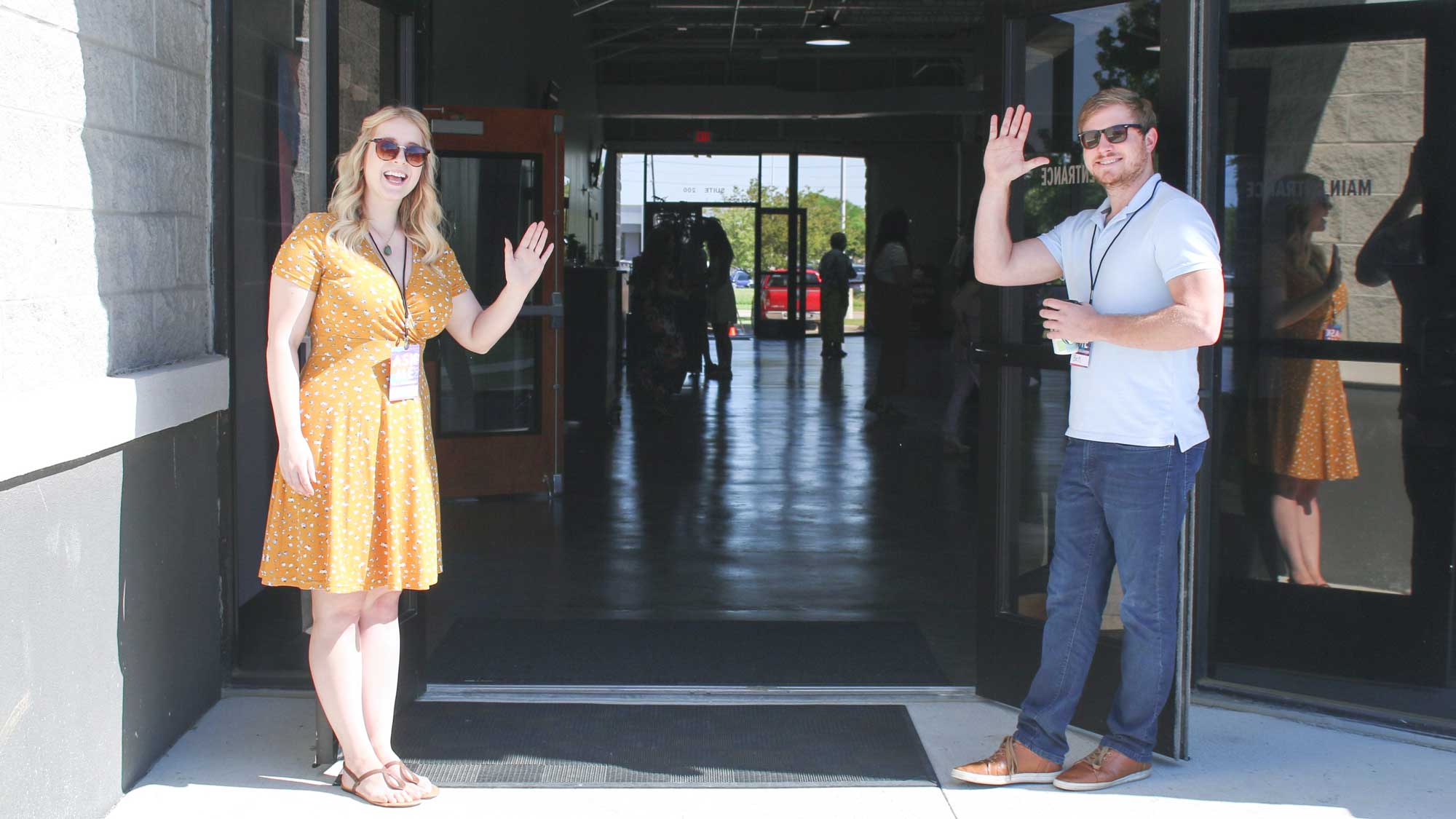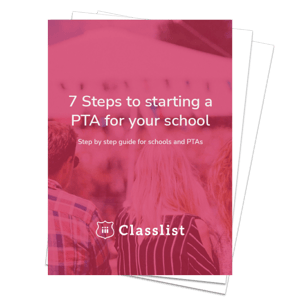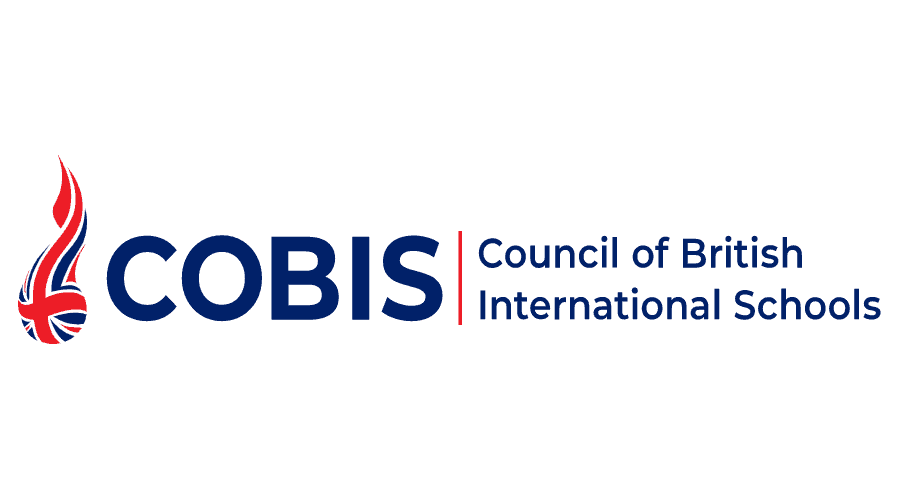Think about a school community and it conjures up an image of happy busyness - that perfect equilibrium of active children, teachers and support staff all working together towards one goal - achieving an excellent, rounded education. The commonality of their purpose binds these three groups together.
Ignore parents at your peril
The whole educational project is enhanced with the support and dedication of parents who volunteer to be the bridge between the school and the parent community. It’s usually a small but active group of parents who join the parent teacher association. They take on responsibility not only for fundraising but also for easing the social wheels of the school, bringing new people into the community and ensuring those established parents stay engaged. They help develop effective relations between the staff and parents.
The cleverest schools make sure parents feel like they belong in this mix right from the moment they sign up to their school or college. Onboarding new families is the start of the embedding process and it begins long before term starts in September.
What is belonging?
It’s a human need to feel like you ‘belong’. In 1943, esteemed ‘father of humanistic psychology’ Abraham Maslow drew up a theory about what makes us tick as humans in his paper, ‘A Theory of Human Motivation’ published in Psychological Review1. In it he demonstrates a ‘pyramid of needs’ which puts physiological needs (food, clothing) on the bottom rung, then safety on the second rung (job security), then in the middle, love and belonging needs (friendship), then esteem and then right at the top of the pyramid, self-actualisation (fulfilment).
Without the lowest rung needs being fulfilled, we will never reach self-actualisation. It’s not a perfect theory, but it does go some way towards explaining why belonging is central to our sense of self and the path to happiness.
Why do we crave commonality?
Look around at friends and family and you’ll be able map them into specific groups, centred around common interests. You’ll see your teenagers flocking with people who like to wear the same clothes as them, others in your family might be in a reading group, or friends who attend a 5-a-side football team.
7 Steps to starting up a PTA guide
The reason we are driven towards commonality is because we are driven as humans to seek and find relationships with others that will stand the test of time. It’s what pushes us to join community projects, sports clubs and religious organisations.
What has community theory got to do with school leadership?
The father of community theory is Charles H. Vogl2 who explains in his book, The Art of Community: Seven Principles for Belonging, that when leaders build robust, committed communities, they create relationships that are effective and resilient.
Vogl says: “Society is experiencing unprecedented collective loneliness and a deep desire for belonging. Research indicates that everyone we know is living in the most lonely era of history. Building deep community creates a venue to defeat this loneliness, enriches and supports members and their wellbeing, and ultimately fosters organizational resilience and innovation.”
When as a school leader you are wondering why your parents are taking up so much of your time, consider this - perhaps you can benefit from each other? Help them become part of your ‘deep community’ and you’ll both win. Your organisation will flourish with their freely given support and your parents will trust and value your school. When it comes to recruitment cycles, you will be able to rely on their positive word of mouth that has been shown to be a highly effective form of school marketing3.
Inner rings and how to create them
Vogl also outlines ‘rings of exclusivity’. As humans we’re always longing for more, and when we see exclusive groups we feel the need to be inside them. This pattern continues in ever decreasing circles. Vogl says the answer to this quest is to find the thing that makes you happy, keep doing it and invite others to join if they are also motivated by the same thing.
Kay Mountfield, Headteacher, Sir William Borlase School
The reason this applies to schools is simple: create your own exclusive ring - your own micro community that’s just for your school and your parents will want to join. When they start at your school, they are highly motivated to be part of it. They’ll want to participate in the wider group and as time progresses, they’ll want to be part of the ever smaller groups within it.
How to create your exclusive community for your school
Embrace technology. COVID pushed schools to dive into technology and reap the benefits it offers. Now schools have demonstrated they are comfortable with this - many continuing to use Google Classroom or Microsoft Teams to manage homework - they feel confident to set up online communities for their parents. There are many community apps out there, but Classlist has been built specifically for schools.
Classlist creates belonging
Classlist Founder Susan Burton, is a technology entrepreneur who volunteered for many years at her own children’s schools. Susan says, “Our app gives your school its own online microcommunity, that’s exclusive to your parents and highly inclusive at the same time. It’s a compelling mix of useful information and friendly chat around a common purpose. This model has fuelled the success of social media platforms in the past decade.
We built Classlist with the specific needs of school parents in mind - calendar reminders, small group chats for classes, parent groups like book clubs and walking groups, and the ability to pay for and manage fundraising events.
Another thing that sets Classlist apart from other social media channels is the presence of a parent Ambassador who monitors the content posted to ensure that the information shared within your community is respectful and accurate. School management doesn’t need to get involved in running the community, unless they want to. It’s also GDPR safe, unlike other options. Because parents don’t have to share phone numbers or email addresses publicly on the app, it is totally inclusive.”
Make parents feel central to your community from the outset
When you invite your parents to be part of your community in Classlist they immediately feel valued and welcomed. They can find the information they need (for eg. Who are the parents in my child’s class? What day do library books go back to school? What time is the match on Wednesday?). They can connect with other parents without sharing their phone number. They can even pick up second hand uniforms, textbooks and musical instruments. It’s the digital extension of the school gate.
"Classlist has been really effective. It is very inclusive for all our families, and resolves the burning issue of connecting parents to each other."
Lynn Knapp, Head of Windmill Primary School, Oxford
The benefit of Classlist is that you can start the whole family onboarding process by inviting your new parents to their class way before term starts in September.
"Each year, new parent joiners find an organised community
to welcome them.”
Philip Waldner, Friends’ Committee, Guildford High School
Parents often use it to connect with others during the summer holidays, helping their children make friends and easing the transition to a new school and ensuring those crucial first weeks of term go smoothly.
When everyone feels like they belong, the community flourishes.
1 https://www.simplypsychology.org/maslow.html
2 https://www.charlesvogl.com/
3 https://www.schoolinboundmarketing.com/blog/word-of-mouth-school-marketing-what-it-is-and-what-its-not
Are you on Classlist yet?
Classlist's award-winning parent communications app is the safer alternative to public social networks. It's easy to set up! Be amongst more than 400,000 parents using Classlist in 30+ countries. Get started today!






